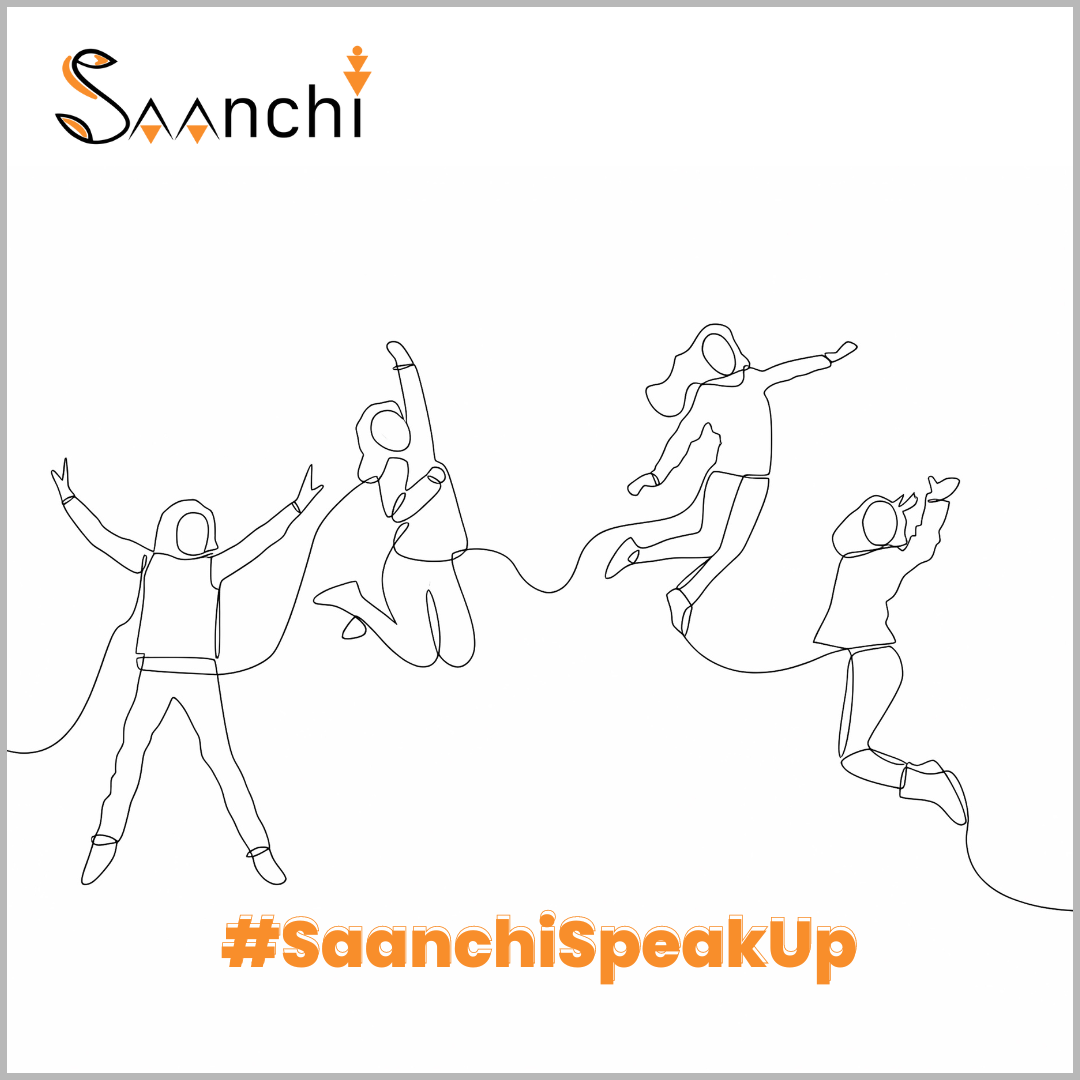In the stillness of the night, while the city of Kolkata slept, a horrifying crime unfolded on August 9. A 31-year-old trainee doctor, exhausted from a grueling 36-hour shift at a government hospital, was raped and murdered. Her brutal death has once again shattered the fragile sense of safety that women in India struggle to maintain. Just weeks before, a 33-year-old nurse in Uttarakhand met a similar fate. As she walked home, she was raped, robbed, and murdered, allegedly by a laborer. These heinous acts are not isolated incidents but rather a terrifying reminder of the persistent violence that women in India face every day.
A Society in Crisis: The Unrelenting Violence Against Women
The tragic events in Kolkata and Uttarakhand are part of a larger, systemic problem. Indian women live under the constant shadow of fear—fear of harassment, assault, and even death. From catcalls on the street to workplace harassment, from intimate partner violence to rape, women in India are conditioned to be hyper-vigilant, to never let their guard down. But what kind of society demands this from its women? Why does this keep happening? And more importantly, when will it stop?
These recent crimes evoke painful memories of the 2012 Delhi gang rape case, where a young physiotherapy student was brutally raped and murdered on a moving bus. The case, which became internationally known, sparked nationwide protests and led to significant legal reforms in India. Yet, over a decade later, the country continues to grapple with the same issues. The Kolkata victim has been dubbed “Abhaya,” meaning “fearless,” a name that tragically echoes “Nirbhaya,” the moniker given to the 2012 victim. The similarities between the two cases are striking, and they force us to confront the harsh reality that little has changed.
The Legal System: Progress and Pitfalls
In response to the 2012 case, the Indian government made several amendments to its rape laws, including the introduction of the Criminal Law (Amendment) Act, 2013. This act increased the punishment for rape, with harsher penalties for crimes resulting in death or involving victims under 12 years of age.
Despite these changes, the violence has not abated. In fact, more women are reporting rape than ever before—over 31,000 cases were recorded in 2022 alone. However, this is just the tip of the iceberg, as studies estimate that 99.1% of women who experience sexual violence in India do not report it. The reasons for this are manifold: fear of social stigma, lack of family support, and a police force that often dismisses or ignores complaints.
The Need for Collective Action: Reclaiming the Night
On August 15, India’s Independence Day, thousands of women took to the streets in cities across the country, marching at midnight to “Reclaim the Night.” This movement is not just about protesting against violence; it is about demanding the freedom to live without fear. It is about asserting that women have the right to occupy public spaces, to work, study, and live their lives without the constant threat of violence.
This movement is a powerful reminder that change is possible, but it requires collective action. It requires everyone—women and men, government officials and citizens, law enforcement and the judiciary—to come together and demand a safer, more just society. A society where women are not forced to choose between safety and freedom, where they are not blamed for the violence inflicted upon them, where they are not silenced by fear.
Saanchi: Standing with Women in the Fight for Justice
At Saanchi, we are deeply committed to the empowerment of women and girls. We believe that every woman has the right to live free from violence, to pursue her dreams without fear, and to have her voice heard. The recent incidents in Kolkata and Uttarakhand are not just tragic—they are a call to action. As an organization dedicated to menstrual awareness and women’s rights, we stand with all those who are fighting to end this epidemic of violence. We will continue to raise our voices, to advocate for change, and to support initiatives that empower women and protect their rights. Together, we can build a society where these horrific crimes no longer occur, where women can live with dignity, safety, and freedom.


